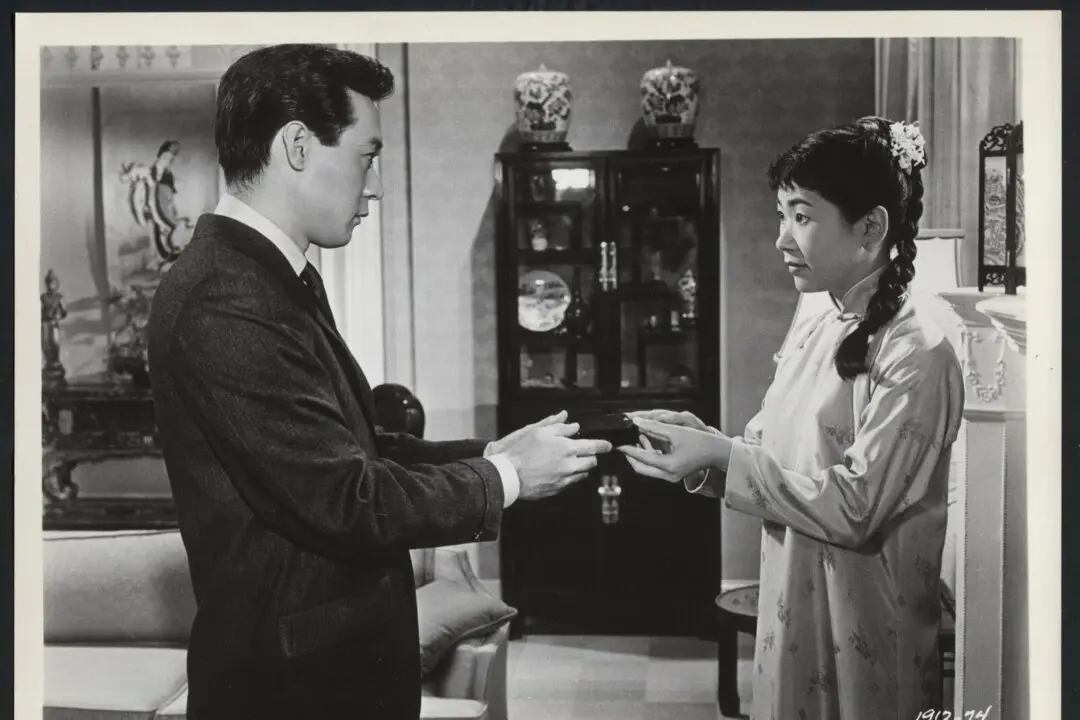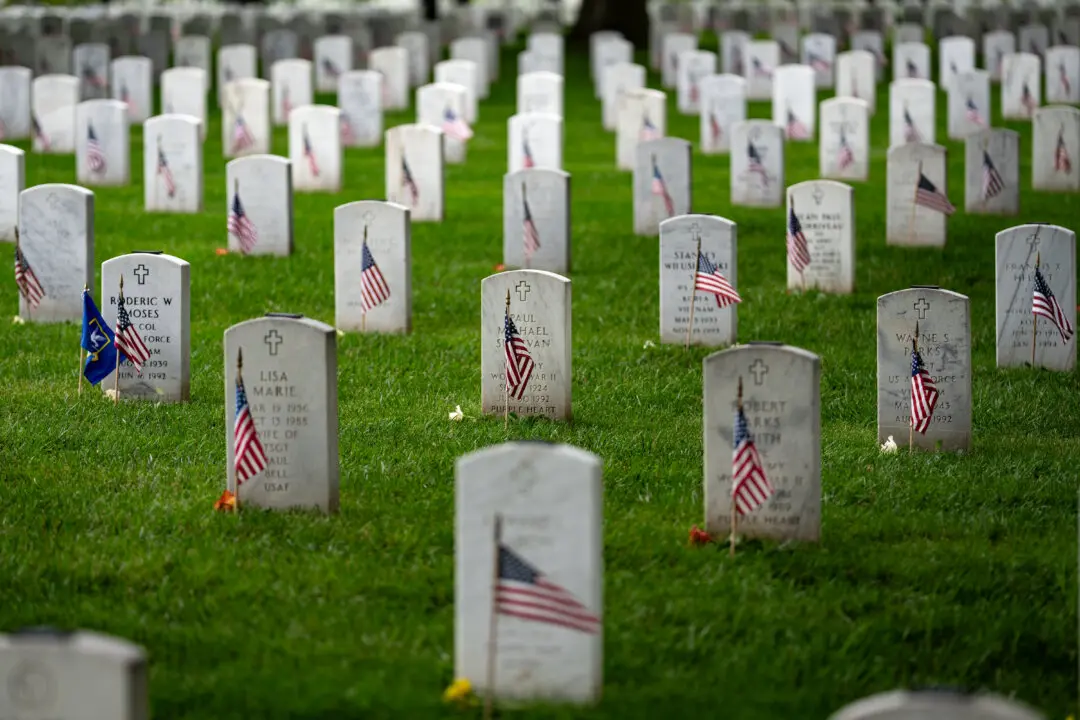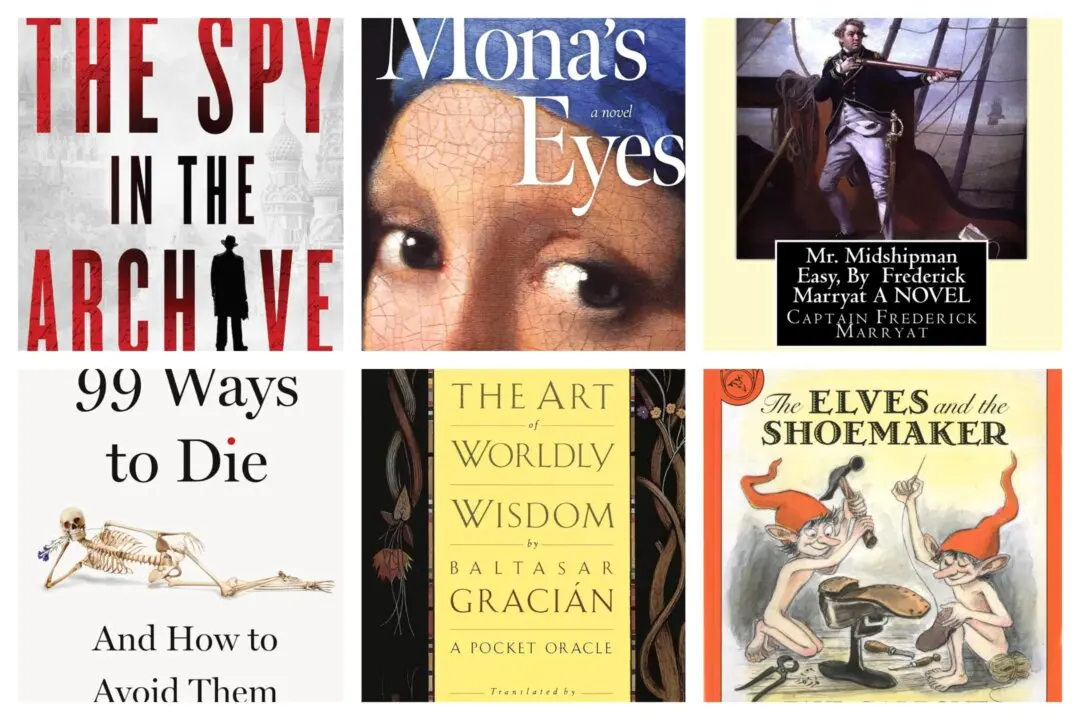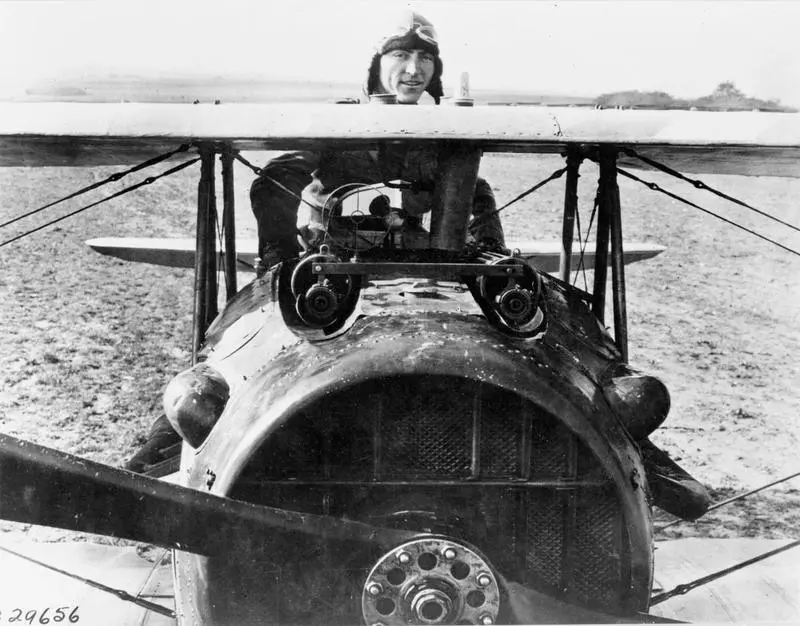Throughout “Last Stands: Why Men Fight When All Is Lost,” which I highly recommend, author and Epoch Times columnist Michael Walsh raises a number of questions pertinent to Western culture and masculinity in the 21st century. Is our culture capable of producing citizens possessed by a sense of honor? Do we still regard heroism—duty, honor, and country, often practiced in the face of tremendous odds—as a virtue? Are young American men today prepared to fight in a war as did Walsh’s father in Korea, a Marine at the Chosin Reservoir doing battle with a horde of Chinese soldiers?
Let’s start with that last question.






